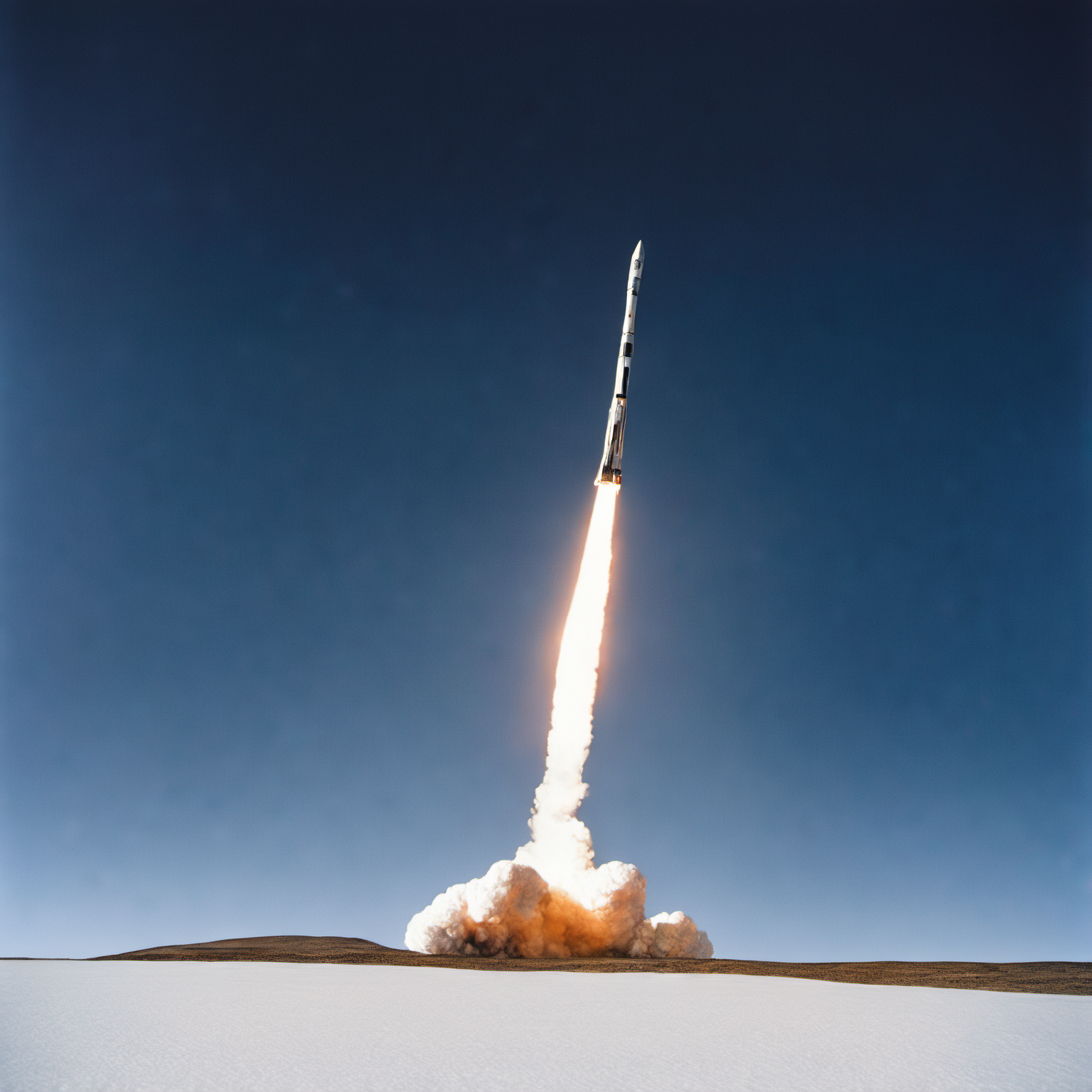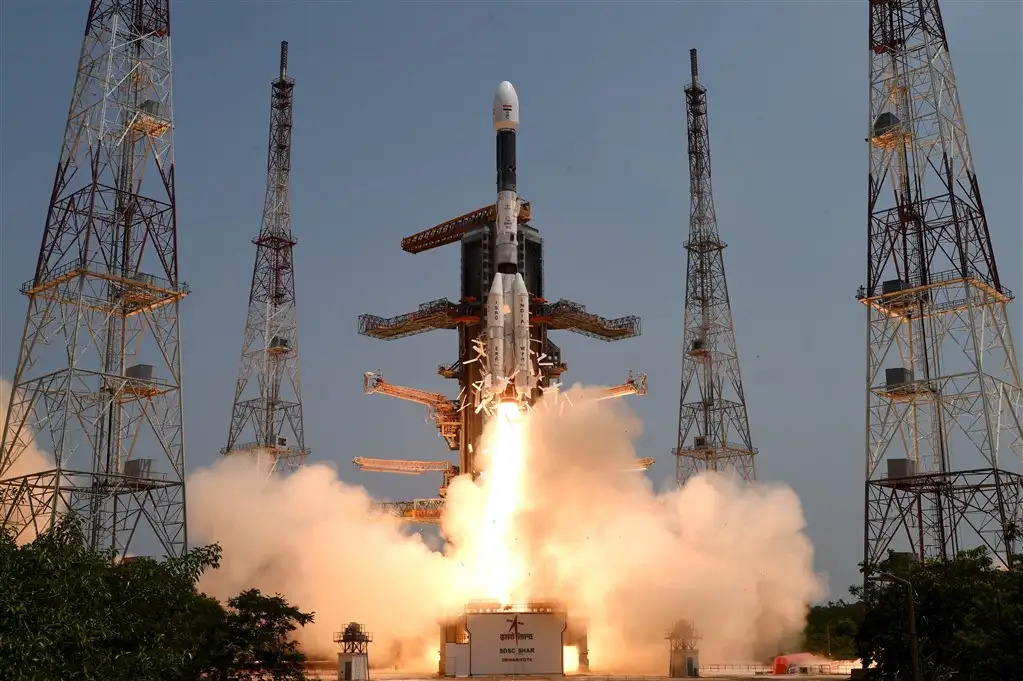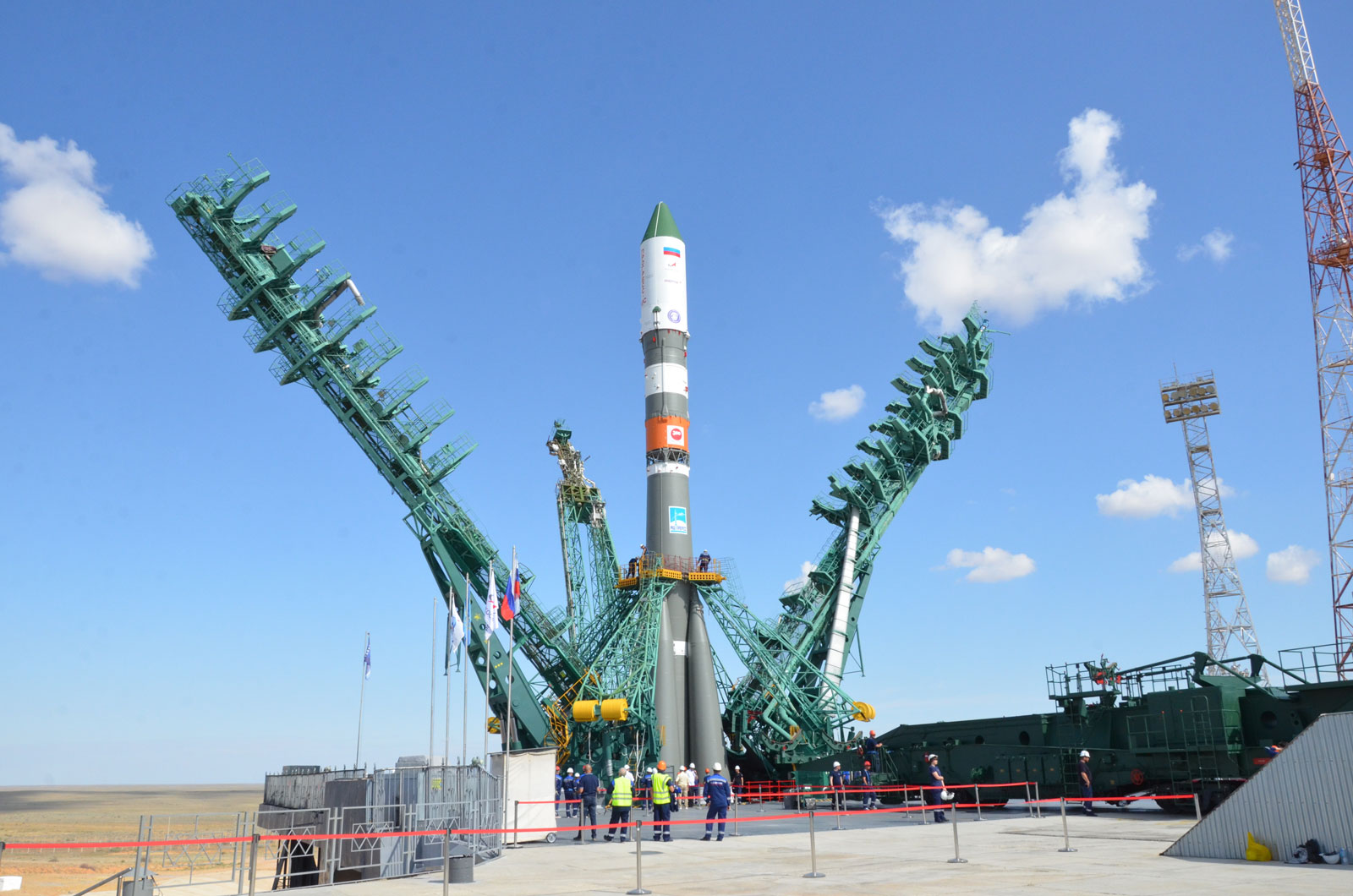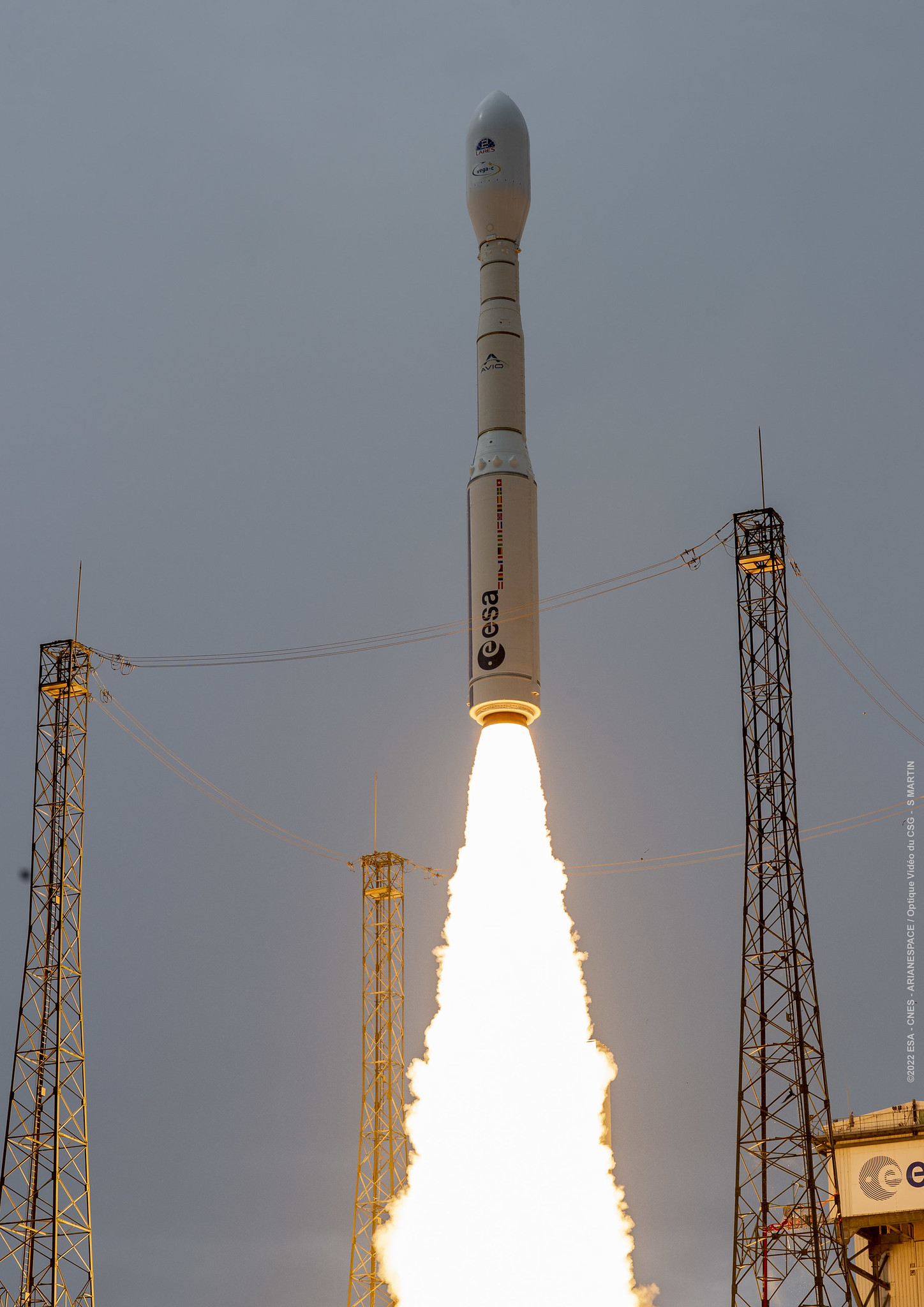· space brief · 4 min read
Space Brief 8 Feb 2025
Stay updated on key orbital events including Rocket Lab's upcoming launch, significant legislative moves in space traffic management, and changes in defense policies impacting space operations.
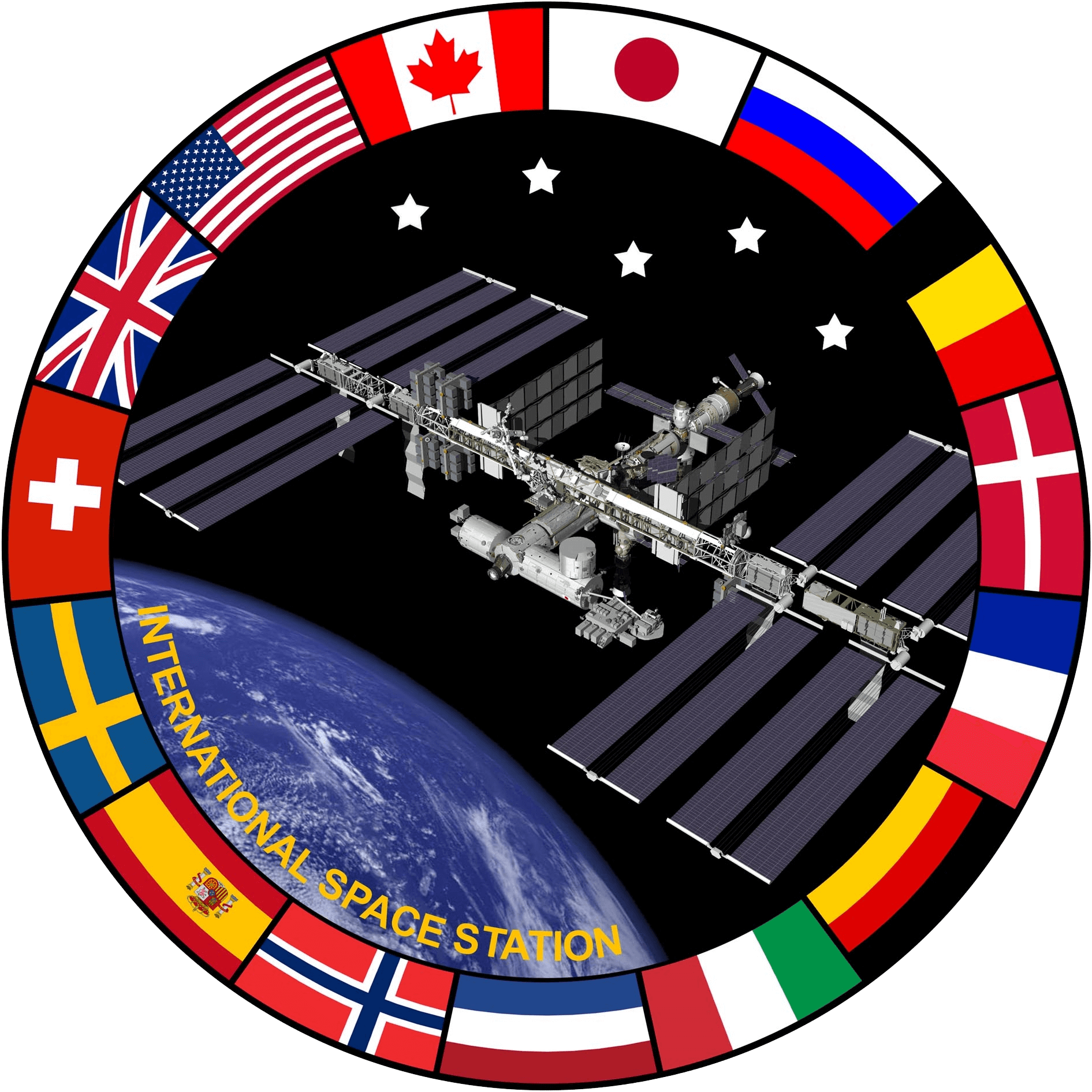
📄Top Stories
Today’s briefing covers Rocket Lab’s scheduled Electron rocket launch from New Zealand, significant legislative efforts to improve space traffic coordination, and strategic budgetary changes affecting defense space operations. Additionally, we explore the implications of the renewed focus on space policy under the second term of the Trump administration.
📰Detailed Coverage
Rocket Lab’s First 2025 Electron Launch Set
Rocket Lab is set to launch its first Electron rocket of 2025 from New Zealand. The ‘IoT 4 You and Me’ mission will mark the company’s 59th Electron rocket mission, scheduled for liftoff at 9:43 a.m. NZDT on February 9 (3:43 p.m. EST, 2043 UTC on February 8).
This mission underscores Rocket Lab’s growing presence in the small satellite launch market. Electron, known for its rapid turnaround and reliability, is crucial for deploying payloads into precise orbits. Track the mission in real-time, including the payload’s orbital details through our web app’s tracking feature.
Read the full story: Spaceflight Now
Fork in the Road: Buyout Offer to Space Agencies
The Trump administration’s buyout program has expanded, reaching civilian personnel in space-related national security roles, despite initial exemptions. This extension aims to streamline operations in agencies critical to space missions.
This move could affect the operational efficiency of agencies tasked with national security, potentially altering the landscape of space intelligence and technology. For satellite trackers, such changes may influence the tracking and analysis of defense-related satellite operations.
Read the full story: SpaceNews
Senate Advances Space Traffic Coordination Bill
A bipartisan group of senators has reintroduced legislation to formalize the space traffic coordination system managed by the Office of Space Commerce. This bill aims to enhance the safety and sustainability of US and international space operations as satellite launches increase.
With space becoming increasingly crowded, this initiative is vital for managing orbital debris and preventing collisions. Entities involved in satellite tracking stand to benefit from improved data sharing and coordination, enhancing the accuracy and reliability of tracking efforts.
Read the full story: SpaceNews
US Defense Budget Sees Significant Increase
Senate Republicans have released a budget proposal increasing defense spending by $150 billion, a move reflecting heightened attention to national security, including space operations. This reshuffling could see more resources funneled into space defense and satellite infrastructure.
The increased budget is expected to bolster capabilities in space surveillance and threat detection, areas increasingly critical given evolving technology and geopolitical landscapes. Satellite trackers should monitor announcements for potential changes in satellite operations.
Read the full story: Breaking Defense
🛰️Satellite Spotlight
- Satellite Name: COSMOS 198
- NORAD ID: 03081
- Launch Date: 1967-12-27
- Mission: Designed for ocean surveillance, COSMOS 198 utilizes active radar to monitor naval activities.
- Orbit: Inclination 65.143°, Period 103.3 minutes, Eccentricity 0.0042362
- Operator: TSKBM (Russia)
- Fun Fact: One of the earliest satellites to employ active radar for extensive ocean surveillance, a pioneering technology at its launch.
Current TLE Data:
1 03081U 67127A 25038.99757695 -.00000034 00000+0 42767-4 0 9997
2 03081 65.1430 134.7685 0042362 262.6392 96.9859 13.93349470905209Track this satellite in real-time on our web app: Track COSMOS 198
🚀Upcoming Space Launches
February 8
- SpaceX Falcon 9:
- Starlink Group 12-9 from Cape Canaveral Space Force Station (18:23 UTC) A batch of 21 satellites for the Starlink mega-constellation - SpaceX’s project for space-based Internet communication system.
- Rocket Lab Electron:
- IoT 4 You and Me (Kinéis 16-20) from Rocket Lab Launch Complex 1, Mahia Peninsula, New Zealand (20:43 UTC) Fourth batch of five satellites for the French Kinéis IoT constellation designed to operate with 25 nanosatellites of 30 kg each.
February 10
- SpaceX Falcon 9:
- Starlink Group 11-10 from Vandenberg Space Force Base (00:03 UTC) A batch of satellites for the Starlink mega-constellation - SpaceX’s project for space-based Internet communication system.
February 11
- China Aerospace Science and Technology Corporation Long March 8A:
- Demo Flight from Wenchang Space Launch Site, People’s Republic of China (09:22 UTC) Demonstration flight with upgraded first stage and boosters engines, and a new larger second stage. Payload is TBD.
- SpaceX Falcon 9:
- Starlink Group 12-18 from Cape Canaveral Space Force Station (17:00 UTC) A batch of satellites for the Starlink mega-constellation - SpaceX’s project for space-based Internet communication system.
February 14
- SpaceX Falcon 9:
- Starlink Group 12-8 from Cape Canaveral Space Force Station (17:26 UTC) A batch of satellites for the Starlink mega-constellation - SpaceX’s project for space-based Internet communication system.
February 17
- SpaceX Falcon 9:
- Starlink Group 10-12 from Cape Canaveral Space Force Station (23:00 UTC) A batch of 23 satellites for the Starlink mega-constellation - SpaceX’s project for space-based Internet communication system.
February 26
- Arianespace Ariane 62:
- CSO-3 from Guiana Space Centre, French Guiana (16:24 UTC) The CSO-3 satellite is the third of three new-generation high-resolution optical imaging satellites for the French military.
February 27
- SpaceX Falcon 9:
- Nova-C IM-2 & Lunar Trailblazer from Kennedy Space Center (00:17 UTC) This mission involves the second Nova-C lunar lander developed by Intuitive Machines, carrying NASA’s PRIME-1 payload for an in-situ resource utilization demonstration on the Moon.
- ROSCOSMOS Soyuz 2.1a:
- Progress MS-30 (91P) from Baikonur Cosmodrome, Republic of Kazakhstan (21:24 UTC) Progress resupply mission to the International Space Station.
Note: Launch dates and times are subject to change due to technical or weather considerations.

Maurice Stellarski


